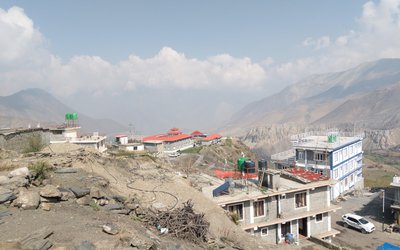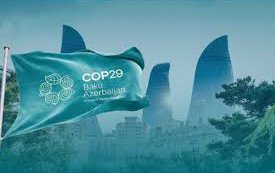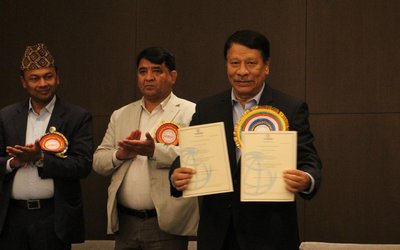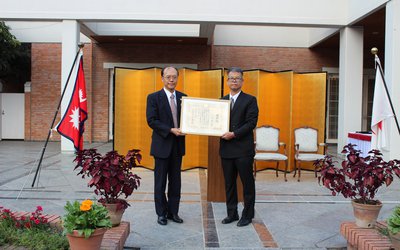Many people think that the article which I have summarized below is one of the most important and relevant in medicine to come out of South Asia in recent years. Nothing beats simple solutions to difficult problems. If there was one important way to tackle a gigantic health issue ( diseases generated by poor hygiene) facing Nepal, this method described below would certainly be somewhere at the top of the list. However in Nepal problems ( in any field) are very obvious and the solutions too are also clear cut, but “ the twain” never seem to meet. Let us hope that someone somewhere in the health ministry or like establishments will think long and hard after reading this simple solution to a massive problem and try their best to implement this method.
Proctor and Gamble, the consumer product conglomerate, helped carry out a study in the slums of Karachi to see if a new antibacterial soap could prevent diseases in the community. Fieldworkers for the study fanned out in the twenty five randomly chosen slum neighbourhoods in Karachi distributing soap, some with the antibacterial agent ( triclocarbon) and some without. The two different soaps looked exactly alike. They encouraged people to use the soap generously and wash their hands in these five situations: after defecation, after cleaning an infant that had defecated, before preparing food, before eating and before feeding infants. Fieldworkers provided 2 to 4 bars of soap per household and the soap was regularly replaced.
In the eleven “control” slum neighbourhoods, no soap was distributed, instead these households received pens and paper. The control group was free to continue using soap as they had done in the past, but received no health education. Every week for one year the fieldworkers visited the families in the study sites to see if the instructions were being adhered to, and they collected data. After one year the study was analyzed. The children in the households that received soap and proper instructions had a 50 % decrease in pneumonia rates and 53 % decrease in diarrhea rates compared to the control group.
What was surprising ( but disappointing for Proctor and Gamble ) was that just usingsoap properly was good enough to decrease the diarrhea and pneumonia rates in children.Thetriclocarbon antibacterial agent in the soap did not give any extra protection. These findings were stunning because despite the poverty, illiteracy, overcrowding and continuing to drink and wash with contaminated water, if you just used plain soap properly for washing, the benefits were clear cut. This became a milestone paper that was published in the Lancet in 2005 with Stephen Luby, who now works in Bangladesh, as the lead author. Proper usage of soap enhances the capacity of water to solubilise and remove pathogens from the hands to reduce both respiratory and digestive problems.
More than three and half million children die due to diarrhoea and respiratory infections every year in the developing world such as ours. Using soap generously clearly ameliorates this condition. People have strong ideas of purity in South Asia and wash themselves frequently; hence people trying to implement a programme of the generous usage of soap need to take advantage of this fact. But we need to emphasize that generous usage of soap is a must.Just washing the “involved” hand after defecation is not good enough.
- PM Oli's Visit To China: Geopolitical Implications
- Nov 19, 2024
- NEA: Kul Man Ghising, A Cool Man
- Oct 28, 2024
- DASHAIN FESTIVAL : Festival of Unity
- Oct 04, 2024
- NEPAL-CANADA Bilateral Meeting
- Oct 04, 2024
- MIDDLE BHOTEKOSHI: Final Stage
- Sep 23, 2024















